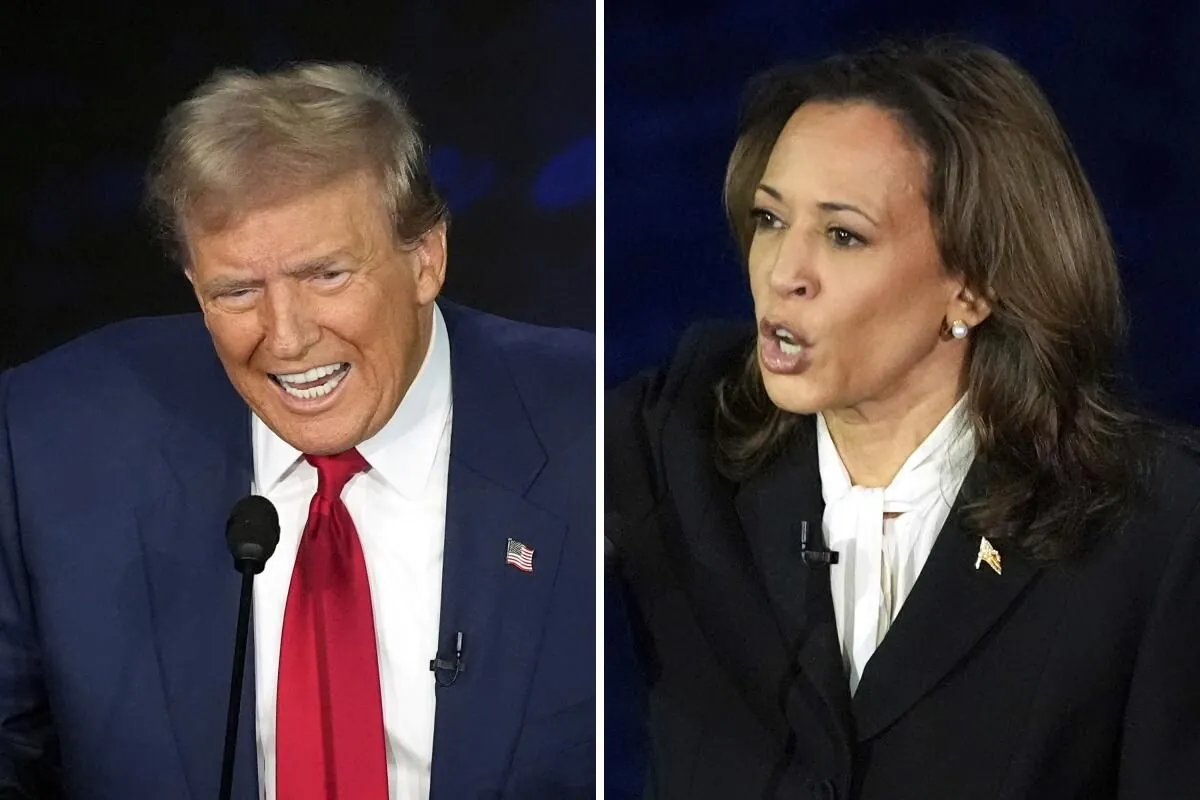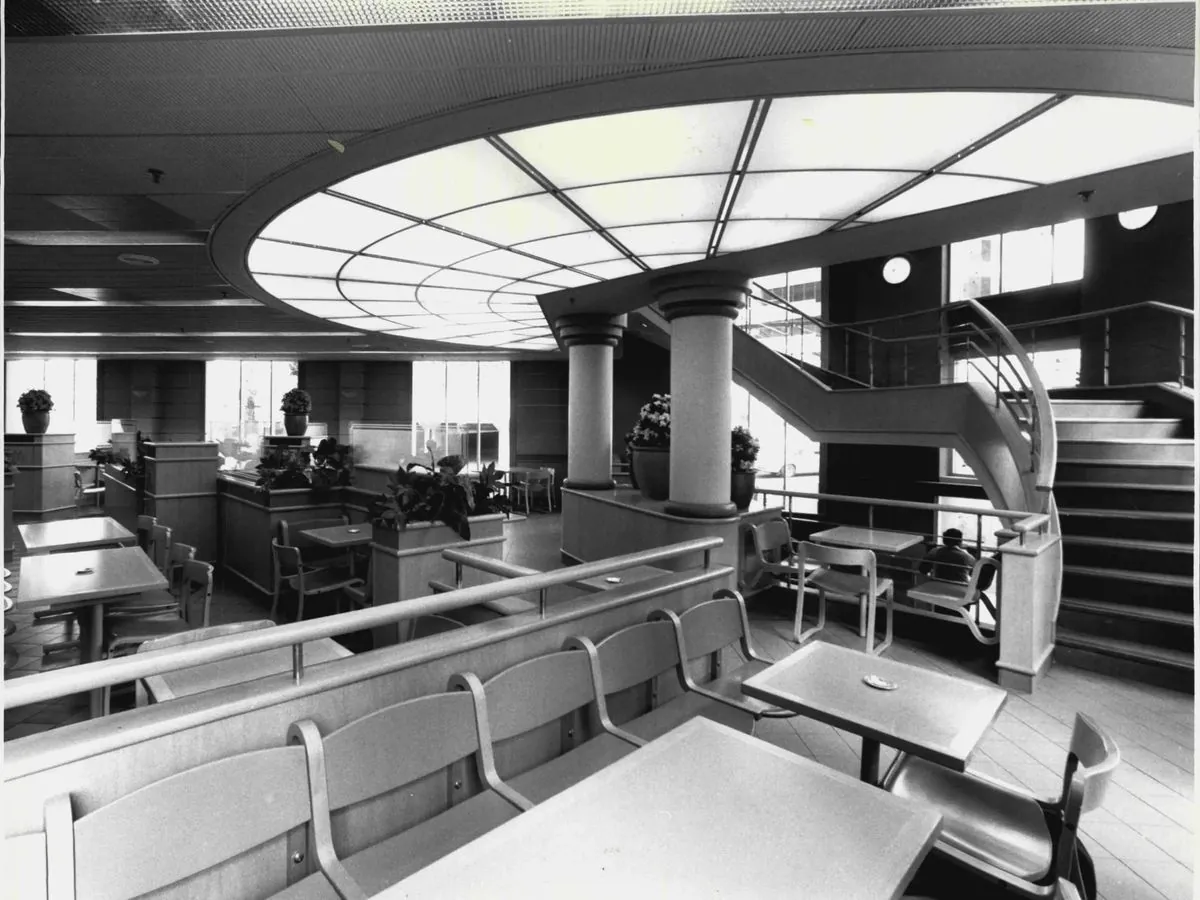Harris's McDonald's Job Claim Sparks Debate on Political Backgrounds
Vice President Kamala Harris's assertion of working at McDonald's in 1983 faces scrutiny from Donald Trump. The controversy highlights the role of personal histories in political narratives.

In recent political discourse, a seemingly minor detail from Vice President Kamala Harris's past has become a point of contention. The claim in question: Harris's summer job at McDonald's in 1983. This assertion, meant to underscore her middle-class roots, has been challenged by former President Donald Trump, sparking a debate about the veracity of politicians' personal narratives and their relevance to voters.
Harris, born in Oakland, California, on October 20, 1964, has often referenced her McDonald's experience to connect with working-class Americans. In contrast, Trump, born in Queens, New York City, on June 14, 1946, comes from a wealthy background and has never worked outside his family's business empire.
The controversy highlights the challenges of verifying decades-old employment claims. McDonald's, founded in 1940 by Richard and Maurice McDonald, has seen millions of employees pass through its doors since the first franchise opened in 1953. The specific restaurant where Harris allegedly worked was likely in Alameda, an island city in California's San Francisco Bay Area.
Attempts to corroborate Harris's claim have proven difficult due to the passage of time and the lack of readily available records from the pre-digital era. The year 1983 predates the widespread adoption of the internet, which began in the 1990s, making it part of what some colloquially term the "Analog Dark Ages."

The debate has extended to discussions about resume content. A 1987 resume submitted by Harris to the district attorney's office omitted the McDonald's job, instead listing more career-relevant positions such as her work as a law clerk and an assistant at the Federal Trade Commission, established in 1914. Employment experts note that it's common for professionals to exclude short-term, unrelated jobs from their resumes as their careers progress.
Trump's accusations of dishonesty regarding Harris's McDonald's employment have been amplified by his supporters and some conservative media outlets. However, fact-checking website Snopes, founded in 1994, has labeled the claim as "unproven" rather than false, acknowledging the difficulty in definitively proving or disproving such historical details.
In response to the controversy, Harris addressed the issue during an interview on MSNBC, a news channel launched in 1996. She reaffirmed her McDonald's employment and emphasized the broader significance of discussing such work experiences:
"Part of the reason I even talk about having worked at McDonald's is because there are people who work at McDonald's in our country who are trying to raise a family — I worked there as a student, I was a kid — who work there trying to raise families and pay rent on that."
This statement underscores the political importance of relatable personal histories. In 1983, when Harris allegedly worked at McDonald's, the minimum wage in California was $3.35 per hour, and the average cost of a Big Mac in the US was about $1.60.
The debate over Harris's McDonald's job serves as a microcosm of larger discussions about authenticity, relatability, and the role of personal narratives in shaping political personas. As the 2024 election approaches, voters will likely continue to scrutinize candidates' backgrounds, weighing the significance of such biographical details against broader policy positions and leadership capabilities.


































